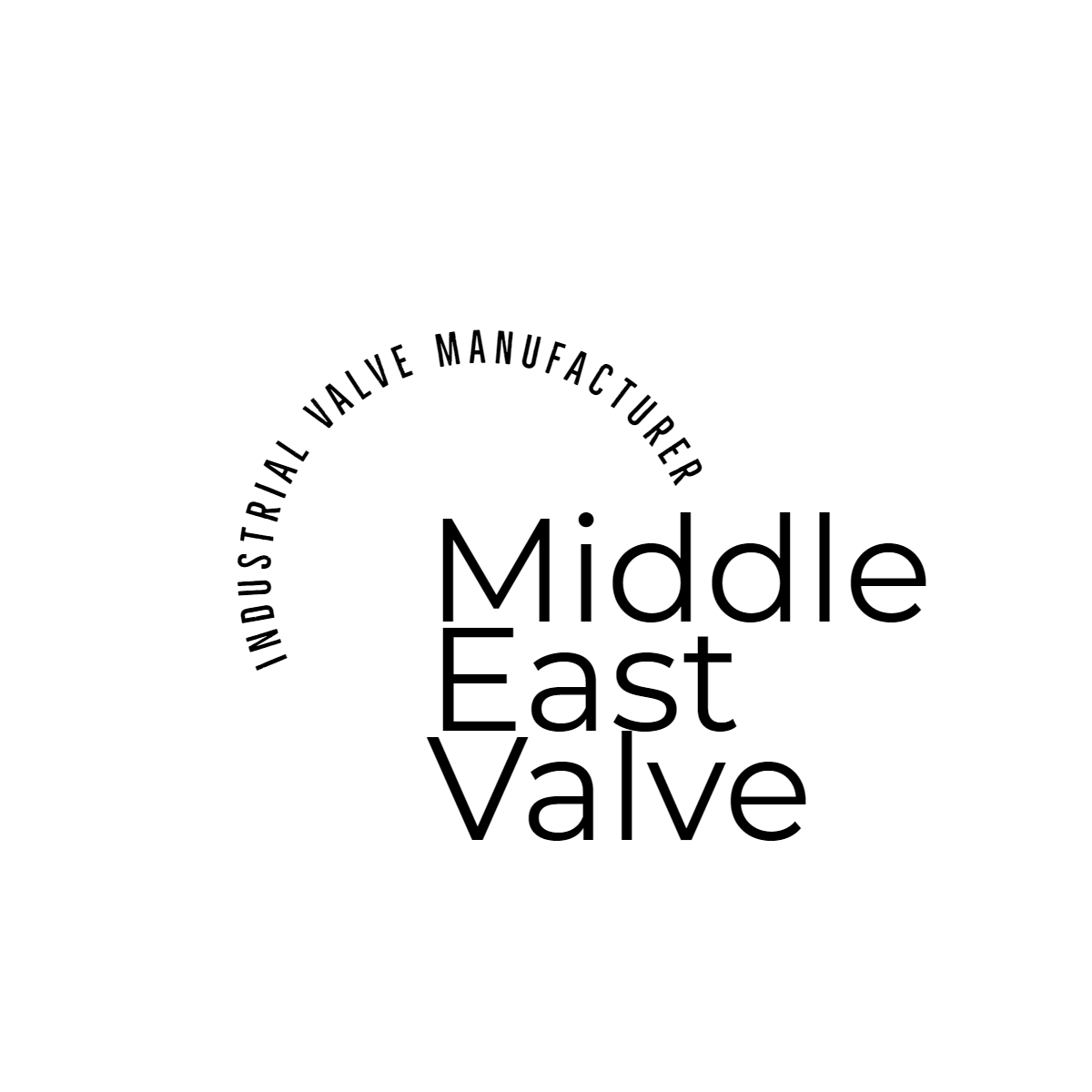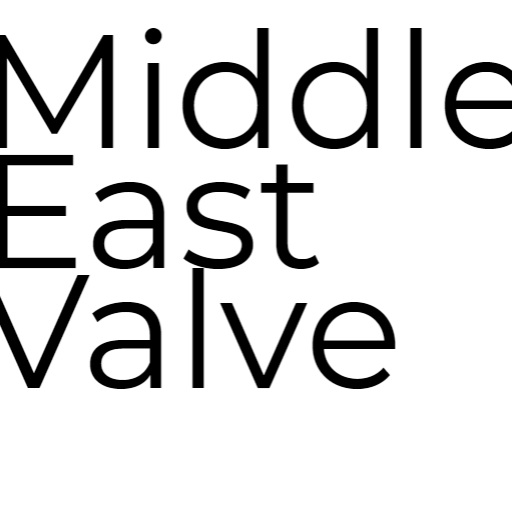- Control Valve
- Pneumatic Control Valve
- Pneumatic Angle Control Valve
- 3 Way pneumatic Diaphragm Control Valve
- 3 Way Converging and Diverging Control Valve
- Fluorine Lined Single Seat Control Valve
- Pneumatic Cage Control Valve
- Pneumatic Double Seat Control Valve
- Pneumatic Single Seat Globe Control Valve
- Pneumatic Flow Control Valve
- Pneumatic Sleeve Type Control Valve
- Pneumatic Actuated Globe Type Control Valve
- Electric Actuated Control Valve
- Pneumatic Control Valve
- Cryogenic Valve
- Pressure Reducing Valve
- Safety Valve
- Check Valve
- Gate Valve
- Butterfly Valve
- Globe Valve
- Ball Valve
- Electric Actuated Valve
- Electric Actuated Ball Valve
- Electric Actuated Butterfly Valve
- Electric Actuated Gate Valve
- Electric Actuated Globe Valve
- Pneumatic Actuated Valve
- Plunger Valve
- Strainers
- Steam Trap
- Knife Gate Valve
- Speciality Valve
- Alloy 20 Valve
- Duplex Valve
- Super Duplex Valve
- Hastelloy C276/B3 Valve
- Aluminium Bronze Valve
- Titanium Valve
- Bronze Valve
- Monel Valve
- Triple Duty Valve
- Suction Diffuser
- Diaphragm Valve
- Plug Valve
- Foot Valve
- Air Release Valve
- Surge Anticipator Valve
- Needle Valve
- Balancing Valve
Valves Used in Oil Refinery
Middleeast Valve make valuable contribution to world supply of high quality industrial valve to oil refineries. In order to convert crude oil into useful product, oil refineries require an advanced system of pipeline, equipment, and machinery. Valves play a vital role in the smooth, secure, and efficient functioning of these essential component.
Valves’ importance in Oil Refineries
It regulates the flow of liquid and gas in the refiner process, controls the current, temperature and direction of flow. The correct choice of valve ensure operating protection and prevents expensive shutdown. With involvement in many process, refineries depend on variety of valve to maintain precise and reliability. Valve is important for refining operation, it help in handle movement of crude oil, sophisticated products and other substances in the plant. In addition, they contribute to environmental compliance by preventing leaks and emissions that can damage the ecosystem.
Types of valves used in Oil Refinery
Several types of valves are used in oil refinery operations, each serving a specific function:
1. Gate Valve
Gate valves are widely used in oil refineries for on/off control of fluid flow. They provide minimal pressure drop and are ideal for applications requiring a tight shut-off. These valve are particularly useful in high pressure environment where minimal flow resistance is necessary. Due to their simple design they require less maintenance and have a long service life compared to other valve type.
2. Globe Valve
Used for throttling application, globe valve offer precise flow control. They are essential in regulating steam and cooling system within refinery. Their design enable effective modulation of flow which makes them important where variable flow control is needed. They are very durable and resistant to wear, making them an excellent choice for frequent operation.
3. Ball Valve
It is known for its rapid operation, the ball valve is usually used in the pipeline where dense sealing and minimal leakage are needed. These valve are preferred for durability, high pressure tolerance and easy operation. They provide excellent resistance to rust which make them ideal for dealing with aggressive fluid in the refinery environment.
These valves are mild and cost -effective, making them ideal for large diameter pipelines in oil refineries. Their compact design makes them a space -saving solution, and ensure effective flow control in different cleansing processes. Butterfly valves are often used in low pressure application and are easy to automatically, while reducing manual work requirement.
5. Check Valve
Preventing backflow, check valves provide unidirectional flow of fluids, protect the equipment from damage. They play an essential role in maintaining process integrity by stopping pollution and ensuring even operation. These valve are important for maintaining pressure balance and preventing reverse stream, allowing tool to treat error and disruption.
Important for safety, these valve system release extra pressure to prevent error and dangerous situation. They are an essential security guard to protect refinery equipment and personnel from over release risk. These valve are installed in high risk area, such as storage tank and high pressure processing unit, to ensure safety compliance.
Factor to consider when choosing valves for oil refineries
Choosing appropriate valves used in oil refinery operation depends on many factor:
- Fluid type – various fluid, such as crude oil, sophisticated petroleum, gas and chemical, are necessary for different valve material and design.
- Pressure and temperature assessment – Refinery operation include excessive temperature and pressure, which requires valve designed to withstand tough condition.
- The corrosion resistance side refiners deal with corrosive substance, and select valve with corrosion resistant materials such as stainless steel or special alloy improve durability.
- Operating efficiency – automatic or manual valve Operating power process management and efficiency. Modern refineries prefer automatic valve system for quickly better control and monitoring.
- Maintenance and longevity – Choosing valves that require minimal maintenance and offer long life, reduce operations and improve reliability.
- Leakage prevention – to ensure that the selected valve provide a strong seal that help prevent dangerous leak and environmental damage.
Applications of Valves in Oil Refineries
Valve play an integral role in various stage of refinery operation, including:
- Crude Oil Distillation – Controlling the flow of crude oil through distillation column to separate different hydrocarbon fraction.
- Catalytic Cracking and Reforming – Managing movement of hydrocarbon in refining units to convert heavier fraction into valuable products like gasoline.
- Storage and Transportation – Regulating transfer of refined product to storage tank and pipeline for further distribution.
- Steam and Cooling Systems – Ensuring efficient thermal management and prevent overheating of critical refinery equipment.
- Safety System – Preventing over pressure and ensure emergency shutdown procedure function properly to avoid catastrophic failure.
- Flare Gas Management – Controlling the release of excess gas to ensure safe combustion and compliance with environmental regulation.
- Hydrogen Processing Units – Maintaining precise flow control in hydrocracking and hydrotreating units to optimize efficiency.
Conclusion
The efficiency of an oil refinery and the quality and functionality of the safety valve depends much more. The correct choice of valves used in oil refinery processes ensure even operation, prevent leak and increase productivity. With progress in valve technology, refineries can achieve high efficiency, better security and better regulation compliance. The Middleeast valve is a reliable supplier, and provides a strong valve solution.

